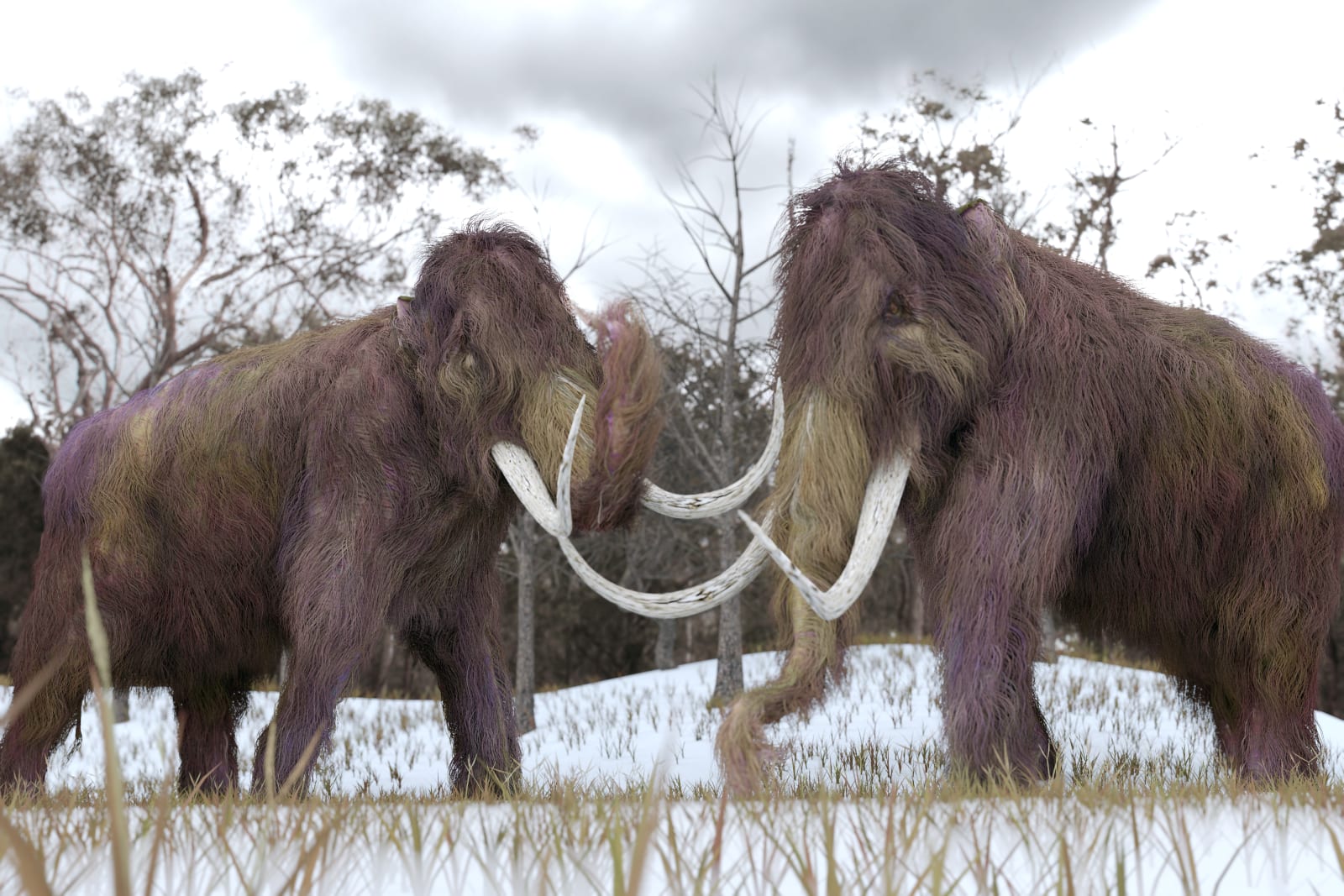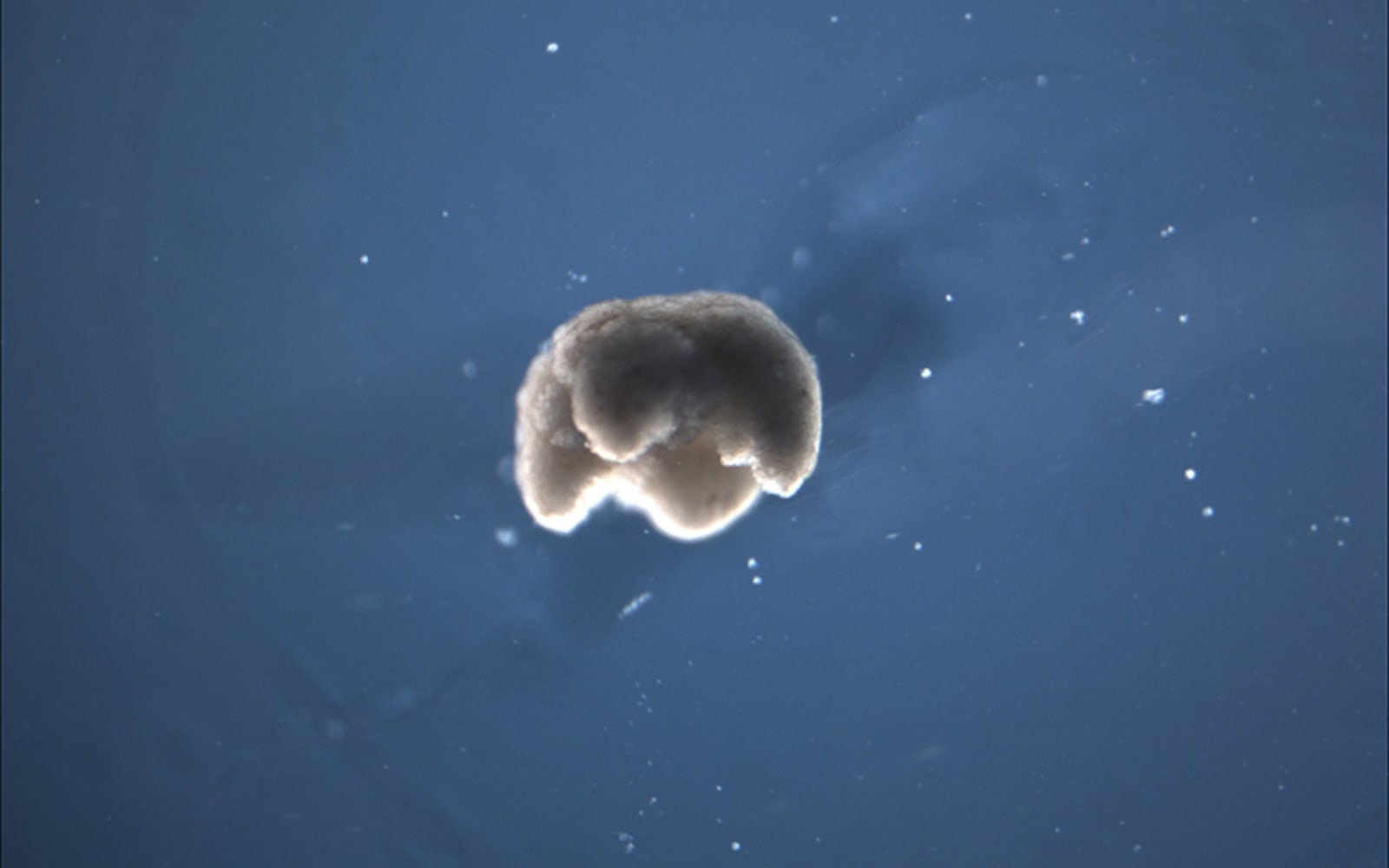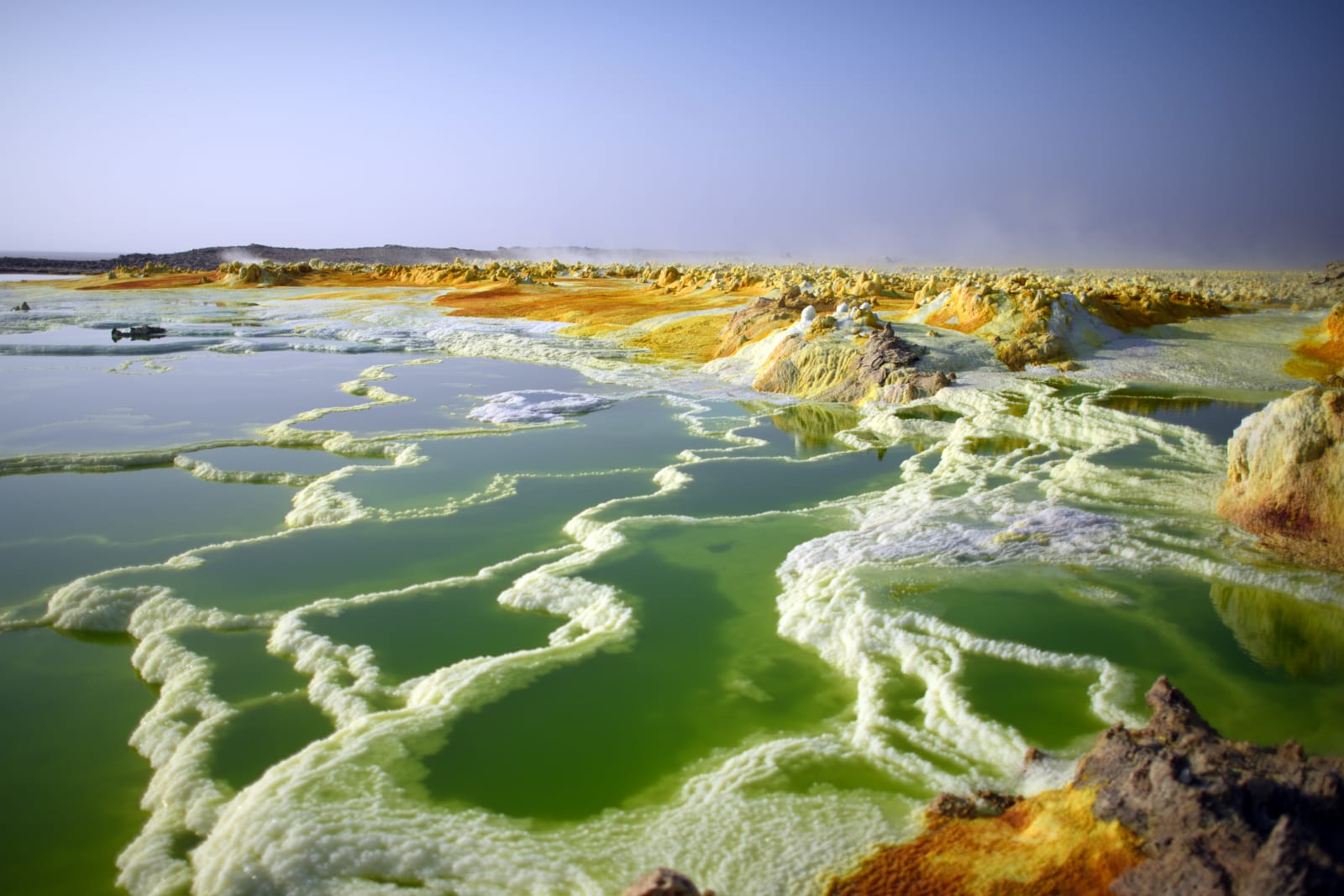Tag Archives: biology
Scientists might know why astronauts develop health problems in space
CRISPR gene editing pioneers win the 2020 Nobel Prize in Chemistry
Almost a fifth of Earth’s ocean floor has been mapped
3D atom mapping helps investigate the origins of life
Microsoft hopes its ‘Planetary Computer’ will preserve biodiversity
‘Resurrected’ mammoth DNA helps explain why the species went extinct
 Reviving the woolly mammoth is still a tall order. However, technology might be far enough along to help explain why the elephant ancestor went extinct in the first place. Scientists have 'resurrected' genes from a population of mammoths that survi...
Reviving the woolly mammoth is still a tall order. However, technology might be far enough along to help explain why the elephant ancestor went extinct in the first place. Scientists have 'resurrected' genes from a population of mammoths that survi...
Scientists created living robots out of stem cells
 Scientists have created a new life form that's something between a frog and a robot. Using stem cells scraped from frog embryos, researchers from the University of Vermont (UVM) and Tufts University assembled "xenobots." The millimeter-wide blobs act...
Scientists have created a new life form that's something between a frog and a robot. Using stem cells scraped from frog embryos, researchers from the University of Vermont (UVM) and Tufts University assembled "xenobots." The millimeter-wide blobs act...
Feles wants to build all-in-one bio labs for the intensely curious
 Generally, CES is where you go if you want to see uncanny valleys made of gorgeous screens, or if you want to try a salad prepared by a robot. Eureka Park, though, is home to oddball projects that very often grab you in ways you don't always see comi...
Generally, CES is where you go if you want to see uncanny valleys made of gorgeous screens, or if you want to try a salad prepared by a robot. Eureka Park, though, is home to oddball projects that very often grab you in ways you don't always see comi...
Study casts doubt on the chances of life on watery alien planets
 Scientists searching for habitable planets often see the presence of water as a key sign, but they might not want to raise their hopes too high. A recently published study has indicated that there was no clear evidence of extremophiles (life that ca...
Scientists searching for habitable planets often see the presence of water as a key sign, but they might not want to raise their hopes too high. A recently published study has indicated that there was no clear evidence of extremophiles (life that ca...